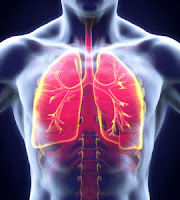Consider these things when choosing a face mask
The Centers for Disease Control and Prevention or the CDC recommends every individual, both sick and healthy, to wear a mask to prevent the spread of COVID-19. Many types of face coverings exist, and each one of them has different levels of effectiveness.
 |
Image source: hackensackmeridianhealth.org |
Health care professionals and individuals accompanying sick loved ones in the hospital or
other medical facilities are required to wear N95 masks. These masks filter out 95 percent of liquids and particles that have a chance of reaching the mouth and the nose. Some N95 masks are reusable while others are for single use only. Hospitals and other facilities do not allow individuals whose masks have one-way valves to enter their premises as these only protect the wearer from the virus and other particles, but expose others to the danger of catching the dreaded virus as the wearer could be spreading it through the valve.
 |
Image source: theconversation.com |
Lisa M. Cannon, M.D. is a board-certified specialist in pulmonary disease, critical care, and sleep medicine. She obtained her medical degree from New York Medical College and received her board certifications in critical care in 1998, in internal medicine in 2006, and pulmonary disease in 2007. To read more from Lisa M. Cannon, M.D., head over to this page.



Comments
Post a Comment